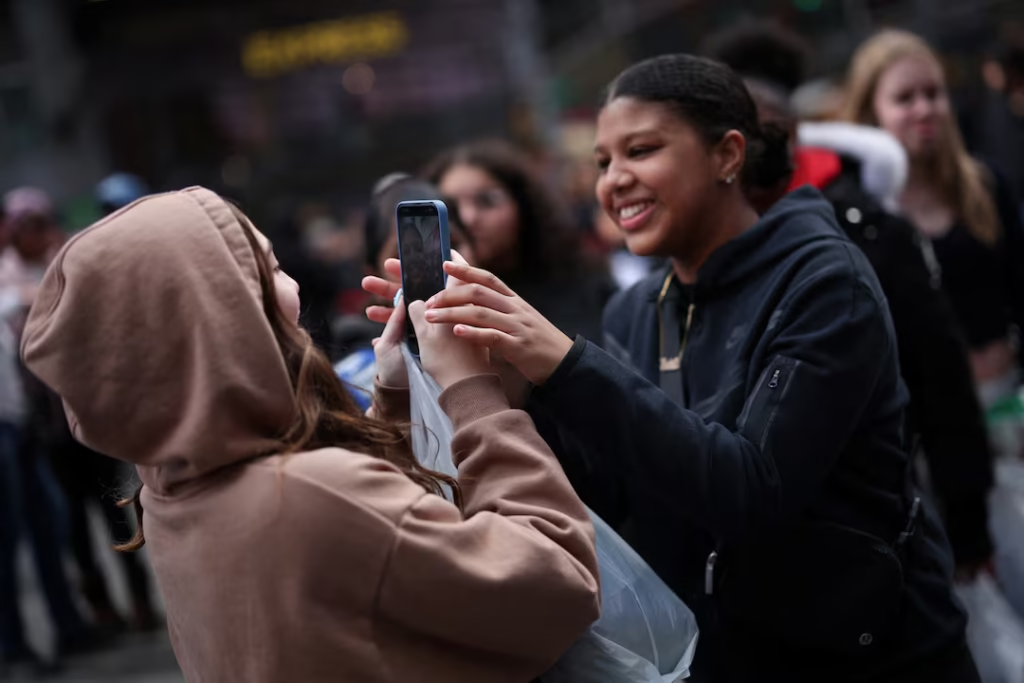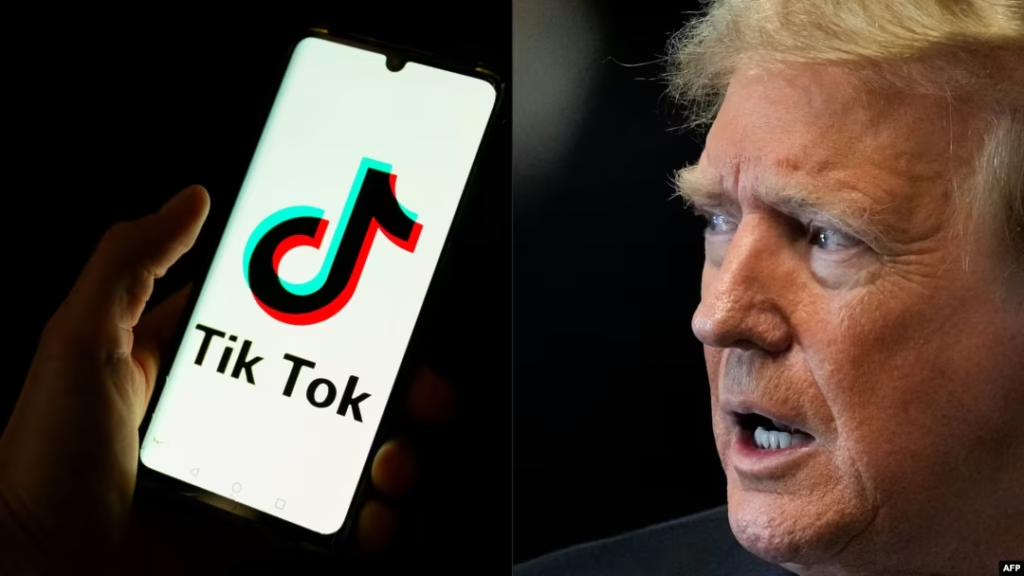WASHINGTON — A long-anticipated deal to spin off TikTok’s U.S. operations has been put on hold after China privately signaled it would reject the agreement in response to President Donald Trump’s latest tariff escalation, according to two people familiar with the matter.

The deal, which was nearly finalized by midweek, aimed to restructure TikTok’s American business into a new U.S.-based company controlled by a majority of American investors, with China’s ByteDance retaining a minority stake of less than 20%, one of the sources said. The plan had secured approvals from ByteDance, existing stakeholders, incoming U.S. investors, and the U.S. government, the person added.
But the agreement stalled after China indicated behind the scenes that it would not authorize the transaction in light of the sharp escalation in trade tensions between Washington and Beijing. Neither ByteDance nor the White House responded to requests for comment, and the Chinese Embassy in Washington also did not reply.
The hold-up comes just as President Trump extended the U.S. deadline for ByteDance to divest TikTok’s U.S. assets. On Friday, Trump granted a 75-day extension to a January 2024 law mandating the sale, citing the need to finalize regulatory approvals.
“The deal requires more work to ensure all necessary approvals are signed,” Trump posted on social media. “We hope to continue working in good faith with China, who I understand is not very happy about our reciprocal tariffs.”

Trump this week raised tariffs on Chinese imports by 34%, bringing the total to 54% on a wide range of goods. China responded Friday with matching tariffs on U.S. products, intensifying an already fraught trade relationship between the world’s two largest economies. Trump has said he is open to lowering tariffs if it helps secure a deal for TikTok, which has more than 170 million users in the United States.
The stalled TikTok deal now sits at the center of a growing geopolitical standoff. The proposed spin-off was seen by many as a diplomatic middle ground—allowing continued U.S. access to the popular short video app while addressing national security concerns about Chinese influence over American user data.
But Beijing’s retaliatory posture casts new doubt over whether any resolution is possible without broader trade concessions. As both sides brace for continued escalation, the fate of TikTok in the U.S.—and the broader tech and trade relationship between Washington and Beijing—remains uncertain.
REUTERS



